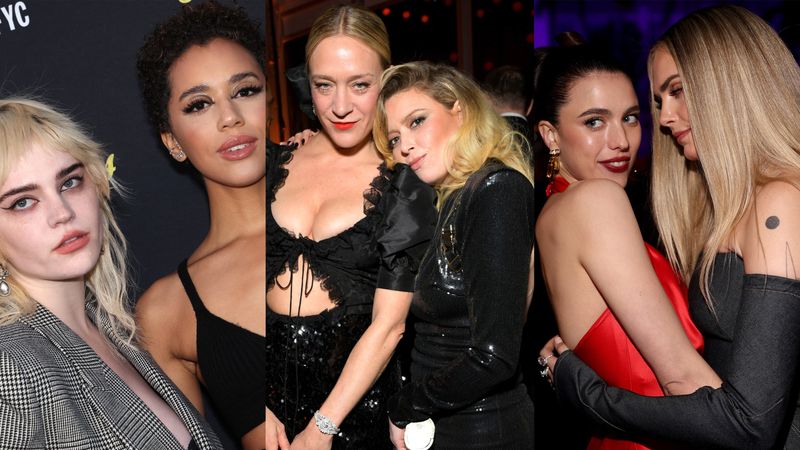When your relationship is going really well, especially in the first flush of excitement, or if you’ve just moved in together or got engaged, it’s often tempting to spend almost all your time wrapped up in your partner and not really notice the outside world. It’s deceptively easy to drift away from the other people who know and love you, eg., your friends. But actually that’s not a great plan, either for you or for the relationship itself. The idea is to be two fully-rounded human beings that love each other, not a single two-headed creature that finishes each other’s sentences. Here’s a few reasons why it’s important to maintain relationships and activities outside your domestic bliss…
1. Sanity
Any relationship, however good, loses something when it slips into co-dependence, and the individuals it contains lose the ability to function independently (which is difficult and painful to relearn). Even if you’re as sure as anyone possibly can be that this is your forever person, that still doesn’t mean that they are able to provide all the emotional stability, intellectual engagement and practical support of an entire social circle, and it’s not the greatest idea to ask them to do so in any case. Your friends can offer entirely different understanding of you, in a different context, and those aspects of you are no less valuable than your romantic self.
2. Fun
Friends are ace. Friends take you dancing and make you laugh like a drain and stay up far too late talking about life and drinking inadvisable cocktails and making silly jokes. Friends turn up at your house with crisps (chips) at 2 in the morning to hang out. Friends come to your gigs and read your columns and tell you horror stories about intimate moments of their lives. Sure, you can do all this stuff with a partner as well, but imagine a night out where it was only the two of you and no laughing excited talking crowd of friends around you. Exactly. That said, different folks are different – if you prefer to meet friends online and/or communicate with people only via text and avoid human contact, more power to you. The point is having connections and reference points, not the precise way in which they’re expressed.
3. Relationship health
Maintaining friendships is actually really important for your relationship as well as for you as an individual. Sure, your friends give you a role and a context that isn’t romantic, and they understand aspects of your life or your work or your history that your partner doesn’t necessarily. But also, maintaining outside sources of intellectual and emotional engagement gives you fresh ideas and energy to bring back into the relationship. It gives you things to talk about and explore together, and it ensures you continue to develop as a person as well as a partner.
4. Support
It’s neither healthy not realistic to lean on one person for all your emotional and practical support needs. Life is long, and things change and bad things happen, and if your relationship is long term you are at some point going to need to confront difficult or painful things together. When that happens, it’s much easier not to get overwhelmed and to make it through if you have other people around whom you can talk to and ask for help, people who will listen to you and make you tea or coffee and drive you to hospital appointments and let you rant and wail.
5. Understanding
Friends help you understand yourself in a different way to a partner. Obviously there’s often overlap here – I can’t be the only person on the planet who’s friends with many of her exes and has kissed a fair few of her friends – but there’s a world of difference between the quotidian intimate knowledge of ongoing partnership and cumulative bond born of sharing classes or parties or interesting conversations or geeky passions or ideas or political opinions. Friends challenge you in discussion in different ways to your partner. If you know people from work or hobbies or subcultures or social occasions your partner doesn’t share, they’ll understand you very differently, and that’s a great and fruitful thing for being a well-rounded human.
6. Perspective
Friends outside a relationship have a different cultural framework and/or set of life experiences to either of you, and are thus great people to talk to. They’ll help you enlarge your horizons and challenge your assumptions in ways no one person could ever do.
7. Activities
It is monumentally unlikely that you and your partner will want to do exactly the same things 100% of the time (and extremely unlikely your relationship is hugely healthy if you do). You can do cool stuff with friends! Go to gigs and films your partner’s not into! Play sports they don’t necessarily like! Join book groups and craft circles and dance classes! Friends are ace. They are also subject to increase without warning. If you do interesting things outside your relationship, you will a) be more interesting and b) meet more interesting people. It’s like a positive feedback loop.
8. History
I am engaged to someone I met years ago and I am still massively devoted to my friends, partly because I’ve shared experiences and times of my life and events and emotional upheavals and precious moments with them that my partner wasn’t around for. A platonic closeness based on having watched decades (or even just years) of each other’s lives unfurl is no less valuable or significant because it’s not romantic.
9. Insight
Your friends can offer insight into both yourself as a person and the workings of your relationship. They’ll have – or should have, if not they’re not good friends – your best interests at heart, and they will have seen you in different situations and romantic entanglements. Thus, your friends can act as a sort of miner's canary with reference to the state of your current relationship. They will notice if you’re unhappy or on edge or suddenly dropping out of social engagements. They will notice if you turn up with tearstained eyes once too many times. Conversely (and my own friends can vouch for this) if they are used to you unhappy and struggling with depression or anxiety, they will absolutely notice when you seem happy and stable and fulfilled. They’ll notice when all of a sudden you’re at a healthy weight and staying there, and/or when all of a sudden your answer to ‘how are you?’ is not ‘oh god, pretty grim, you’ll never guess what happened with x’ but a thoughtful pause and ‘…really good, actually.’
10. Connection
We as a culture are very wedded to romance as a metanarrative, and it’s problematic because it erases all other kinds of closeness, and that just reduces everyone’s emotional worlds a bit. Romantic relationships are – at their best – fulfilling and intimate and amazing, offering support and unity and a feeling of teamwork, unconditional support, understanding, acceptance and love. But they’re not the be-all and end-all of human connection, and you can get most of those things from non-romantic relationships too. There’s a substantial body of research that indicates being in an unhappy or abusive relationship is much worse for psychological stability and wellbeing than being single. Having close-knit bonds with a variety of people is really good for the mind, heart and soul; it reinforces feelings of lovability, serenity and stability, and offers lots of opportunities for self-realisation and sheer enjoyment.























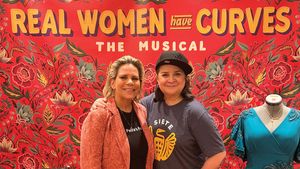




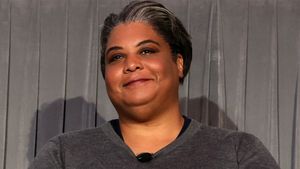











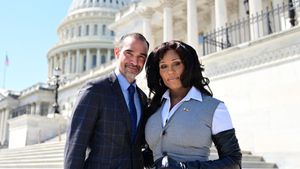









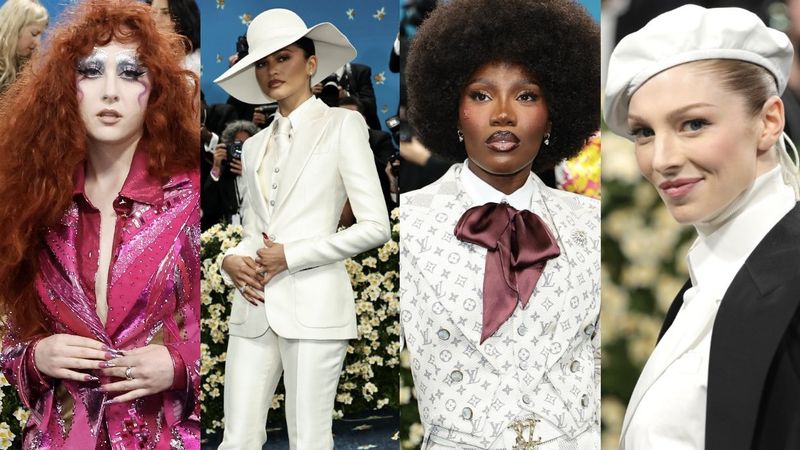































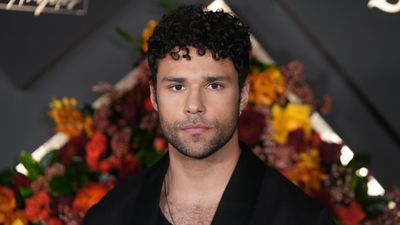


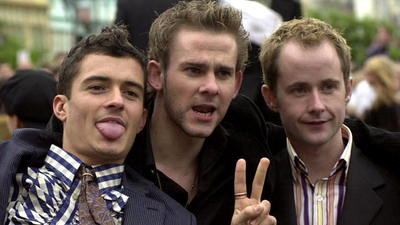
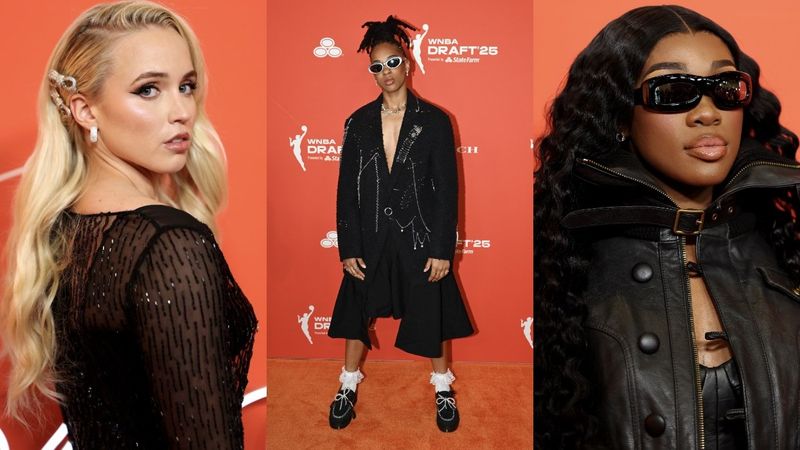
 Cindy Ord/Getty Images
Cindy Ord/Getty Images










